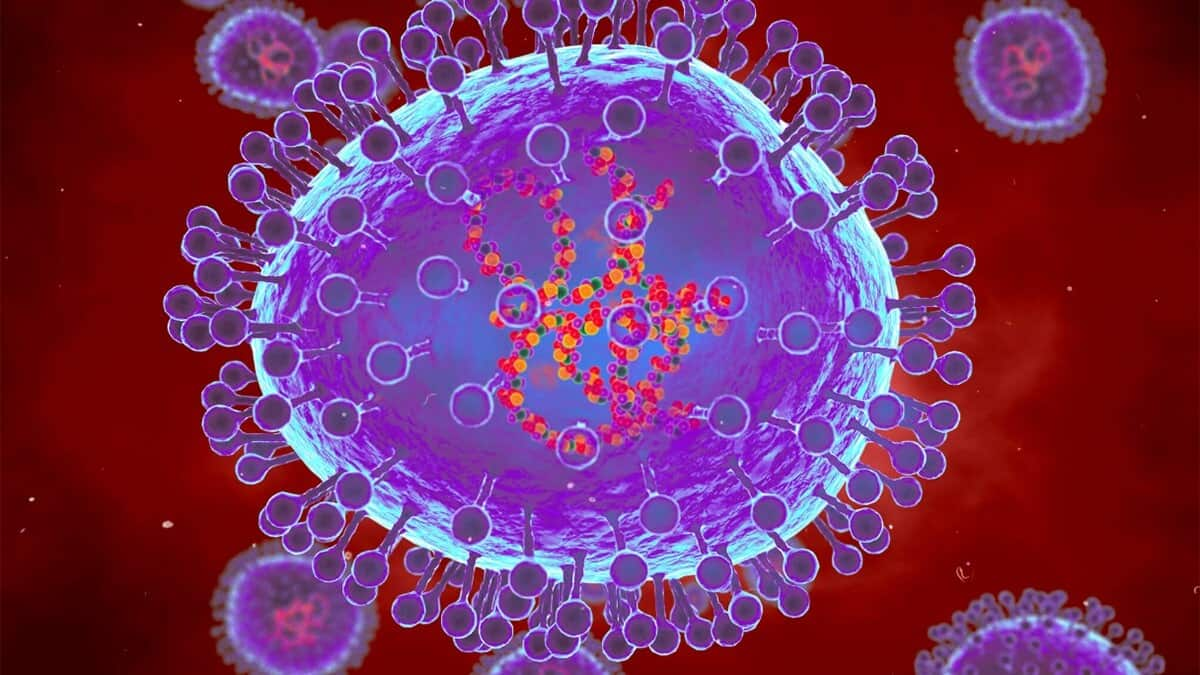
HMPV cases: Doctor explains how to protect yourself from virus
What's the story
India has reported its first seven cases of the highly contagious Human Metapneumovirus (HMPV). Union Health Minister JP Nadda confirmed five cases were detected in Karnataka and Tamil Nadu, and one each in Ahmedabad, Chennai, and Kolkata. Meanwhile, China is witnessing a sharp rise in HMPV infections, especially in its northern provinces. The surge has led to overcrowded hospitals and public anxiety over a potential outbreak.
Virus explained
HMPV virus: What is it, who is most at risk?
Dr. Prachee Sathe from Ruby Hall Clinic, Pune, shed light on HMPV. She said the virus is a part of the same family as the respiratory syncytial virus (RSV) and mainly impacts the upper and lower respiratory tract. It is most prevalent among children, elderly people, and those with compromised immunity. The recent surge in HMPV cases can be linked to seasonal changes, population immunity changes, and relaxed COVID-19 measures.
Prevention measures
How does HMPV spread and how can it be prevented?
Like other respiratory viruses, HMPV spreads through droplets from coughing or sneezing. To prevent HMPV infection, Dr. Sathe recommends frequent handwashing with soap for at least 20 seconds and wearing masks in crowded spaces. She also advises avoiding close contact with sick individuals, covering your mouth when coughing or sneezing, and sanitizing high-touch areas. Boosting immunity through good nutrition, exercise, and sleep is also important.
Virus comparison
HMPV vs COVID-19: Differences and similarities
While HMPV shares symptoms with COVID-19, it is usually milder and caused by a different virus. Unlike COVID-19, HMPV doesn't have asymptomatic spread or long incubation periods and tends to cause localized outbreaks. Dr. Sathe notes that while HMPV is unlikely to cause a pandemic like COVID-19, it can lead to serious illness in vulnerable populations. Maintaining hygiene and monitoring new cases are essential to prevent widespread outbreaks.